(LĐ online) - 70 years ago, the Geneva Agreement on the cessation of hostilities in Vietnam was signed (July 21, 1954 - July 21, 2024), opening a new strategic period for the Vietnamese revolution: building socialism in the North, while carrying out the people's national democratic revolution in the South, moving towards the complete realization of the goal of national independence and national reunification.
Ever since the French colonialists returned to invade Indochina, our Party and President Ho Chi Minh advocated preventing war and resolving issues by peaceful means. However, with their belligerent nature, the French colonialists continuously encroached, intensified the war, forcing the Vietnamese people to rise up and wage a nationwide resistance war to protect the newly won independence and freedom. With the spirit of "determination to die for the Fatherland" and indomitable will, our people under the leadership of the Party overcame countless difficulties, both resisting and building the country, mobilizing all resources to defeat the French colonialists' war of aggression. At the end of 1953, facing strong changes on the Indochina battlefield, our Party and President Ho Chi Minh advocated coordinating with the 1953-1954 Winter-Spring strategic offensive, launching a struggle on the diplomatic front to end the war and restore peace in Vietnam and the whole of Indochina. On May 8, 1954, exactly one day after the Dien Bien Phu victory that “resounded throughout the five continents and shook the world”, the Geneva Conference began discussing the issue of restoring peace in Indochina. After 75 days of intense and complicated negotiations with 7 plenary sessions and 24 meetings at the head of delegation level, along with many bilateral and multilateral meetings, the Geneva Agreement was signed on July 21, 1954. Together with the Declaration on the Restoration of Peace in Indochina and the Indochina Armistice Agreement, the Vietnam Armistice Agreement affirmed Vietnam's independence, sovereignty, unity and territorial integrity, stipulated that foreign troops must withdraw from Indochina, determined that the military demarcation line was only temporary at the 17th parallel and the demilitarized zone (Ben Hai River) and that each Indochinese country would hold free general elections to unify the country,... The Geneva Agreement on Indochina is an international legal document recognizing the basic national rights of the Indochinese countries and was pledged to be respected by the great powers and countries attending the Conference.
Vietnam's victory at the Geneva Conference stemmed from the correct revolutionary line and the wise leadership and direction of our Party and President Ho Chi Minh; from the burning desire for peace, heroic patriotism, and the mettle and intelligence of the Vietnamese people forged through thousands of years of building and defending the country; from the crystallization of the arduous struggle and great sacrifices of our army and people during the 9 years of resistance war, from the Viet Bac victory in the Fall-Winter of 1947 to the Fall-Winter Border Campaign in 1950 and the Winter-Spring strategic offensive in 1953-1954, culminating in the Dien Bien Phu victory. It is also the result of the solidarity, support and valuable assistance of friendly countries such as Laos, Cambodia, China, the Soviet Union and other socialist countries and peace-loving people in the world, including the French people... In addition, there are also important contributions from the Vietnamese diplomatic staff, including directly the members of the negotiating delegation of the Democratic Republic of Vietnam as well as the staff serving the negotiation, signing and implementation of the Agreement.
In the context of the complicated world situation at that time, the signing of the Geneva Agreement and its recognition by the great powers had a very profound epochal significance, because this was not only a victory of the Vietnamese people and the three Indochinese countries, but also a common victory of oppressed peoples, having a strong impact on encouraging colonial peoples and peace-loving peoples in the world to firmly believe in justice, morality and fairness, and to stand up to fight to overthrow colonialism on a global scale.
Furthermore, the Geneva Agreement also brilliantly demonstrated the stance, mettle and diplomatic identity of Vietnam in the Ho Chi Minh era, strongly affirming the message of a Vietnam that loves peace, respects justice and reason; has the indomitable will to protect independence, sovereignty and territorial integrity; and is ready to cooperate in friendship with all countries and peoples in the world.
During the negotiation and signing of the Geneva Agreement, we understood more deeply the value of the principle of independence and autonomy in international affairs. Because all countries are for their own interests, only by firmly maintaining independence and autonomy can we maintain the initiative and ensure the highest national interests. From there, we also learned many valuable lessons about the principles, methods and art of diplomacy, imbued with the identity of Vietnamese diplomacy in the Ho Chi Minh era. These are lessons about: (i) Upholding the spirit of independence, autonomy, resolutely and persistently protecting national interests; being steadfast in principles, flexible and adaptable in strategies, “using the unchanging to respond to all changes”; knowing how to win step by step in the long and arduous struggle for the independence and freedom of the Fatherland. (ii) Strengthening the country's potential and enhancing its overall strength is a decisive internal factor, creating a solid foundation for foreign affairs activities to protect independence, sovereignty, unity, territorial integrity, maintain peace, stability and development in the region and the world. (iii) Combining national strength with the strength of the times; gaining the support of progressive forces, peace-loving and justice-loving forces as well as the people of the world in the cause of national construction and defense. (iv) Promoting the role of foreign affairs, enhancing dialogue, using peaceful measures to resolve disputes and conflicts in relations with other countries, ensuring compliance with international law; striving to maintain a peaceful and stable environment for the benefit of the Vietnamese people and the people of the world. After 70 years, the lessons from the negotiation, signing and implementation of the Geneva Agreement still hold true for the cause of national construction and defense today and in the future.
Over the past 70 years since the signing of the Geneva Agreement on the cessation of hostilities in Vietnam, especially since the Party launched the renovation process (1986), our country has achieved glorious victories and great achievements of historical significance. Up to now, the scale and level of the economy have been raised many times over; people's lives, both materially and spiritually, have improved significantly. Foreign affairs and international integration activities have been effectively implemented. From a country under siege and embargo, we have expanded and deepened relations with 193 countries and territories, including 3 countries with special relations, 7 comprehensive strategic partners, 11 strategic partners and 12 comprehensive partners. The country's overall strength, foundation, position and prestige are increasingly enhanced, and it has been trusted by international friends to be nominated to shoulder many important international responsibilities in multilateral mechanisms and forums such as the United Nations, the Association of Southeast Asian Nations (ASEAN), APEC, ASEAM, WTO, etc., actively contributing to the cause of maintaining peace and security in the region and the world. "It can be said that never before has the position, prestige and image of an independent, self-reliant, dynamically developing Vietnam, a loyal and sincere friend, a reliable partner, an active and responsible member been as prominent in the international arena as it is today" (General Secretary Nguyen Phu Trong).
The world and regional situation is forecast to continue to have complex and unpredictable developments. Peace, cooperation and development are still the major trends, but strategic competition between major countries will become increasingly fierce. Many security hotspots continue to exist, with the risk of spreading, causing the emergence of new forms of war, types of operations, and strategic spaces. Science and technology are developing strongly, creating changes in all areas of social life. Traditional and non-traditional security, especially natural disasters, epidemics, climate change, food security, energy, cyber security, etc., pose many challenges to countries, including Vietnam.
In that context, the 70th anniversary of the signing of the Geneva Agreement is an opportunity for us to review the heroic history of the nation; to further deepen the stature and significance of this particularly important victory, thereby strongly arousing in each of us patriotism, national pride and aspirations, and efforts to rise up; to continue to thoroughly grasp and flexibly and creatively apply the ideology, style and art of diplomacy in the Ho Chi Minh era to maintain peace and stability, create a favorable environment for the country to develop rapidly and sustainably, and by 2045 become a developed country with high income.
Building on the lessons learned from the signing of the Geneva Agreement on the cessation of hostilities in Vietnam, our entire Party, people and army are striving and determined to successfully carry out the goals and tasks set forth in the Resolution of the 13th National Party Congress.
Source: http://baolamdong.vn/chinh-tri/202407/hiep-dinh-geneve-co-y-nghia-thoi-dai-sau-sac-468205d/










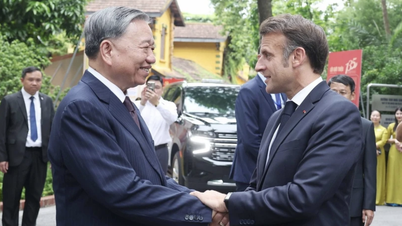




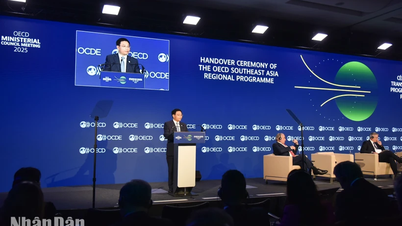


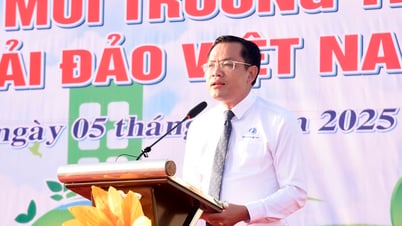



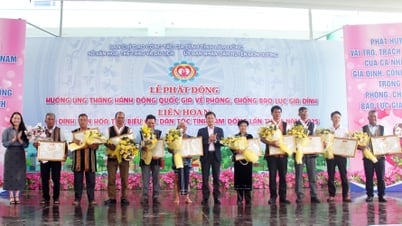
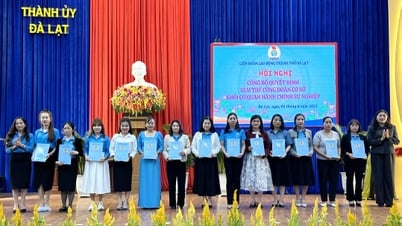
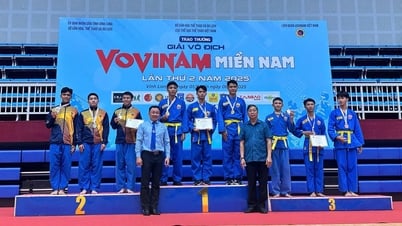






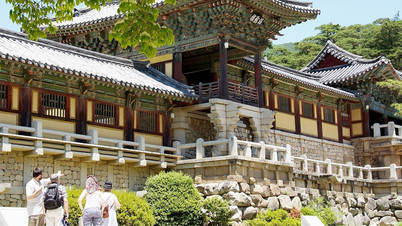
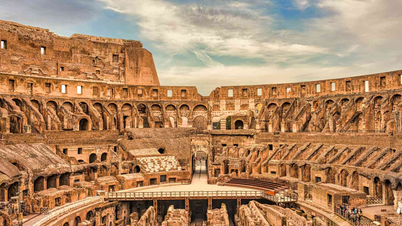













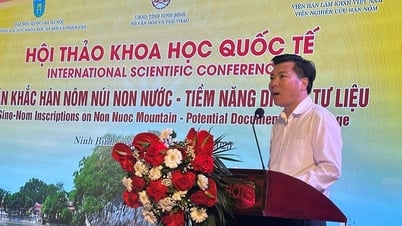


















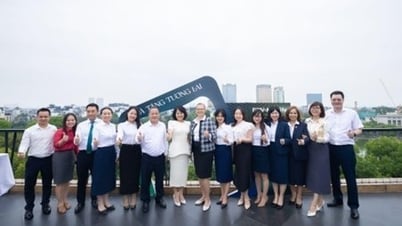
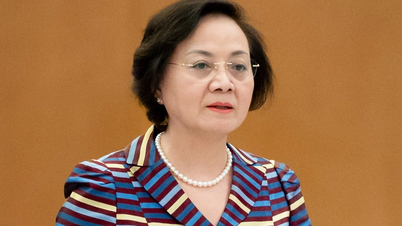

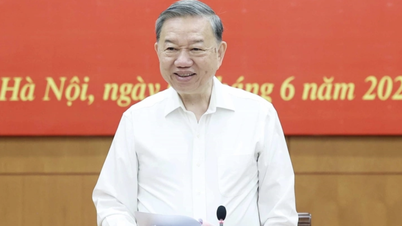











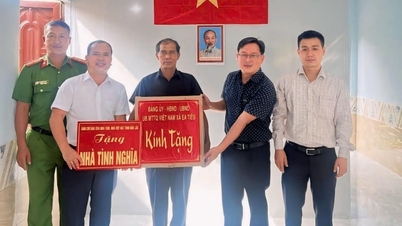
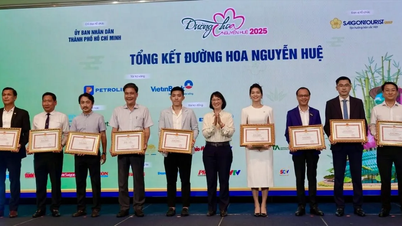
















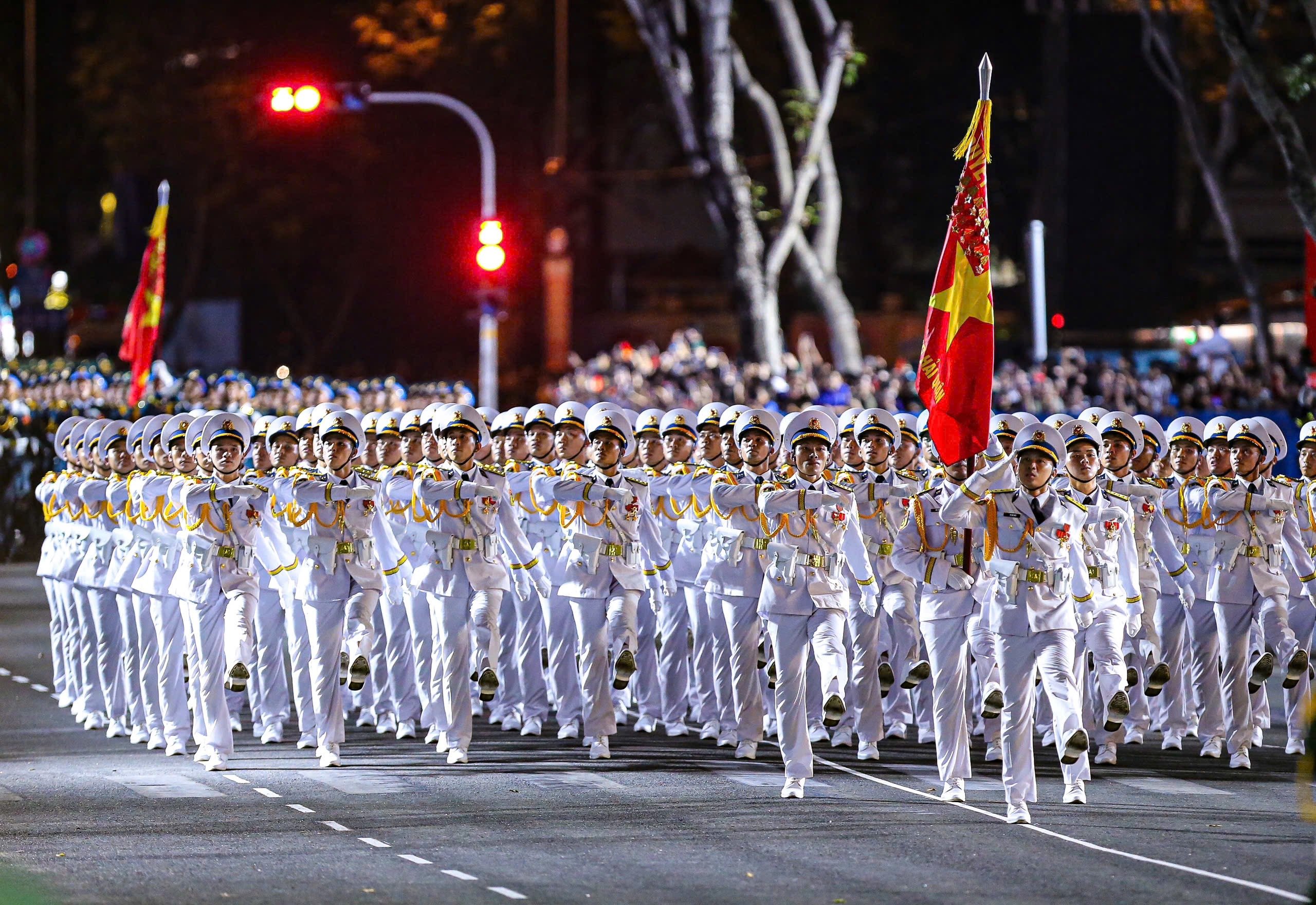

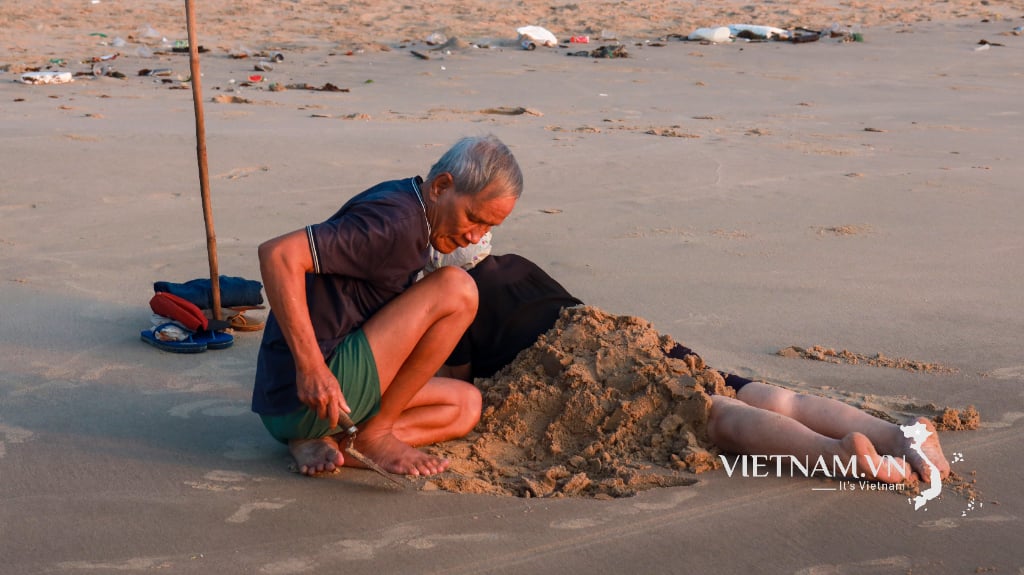
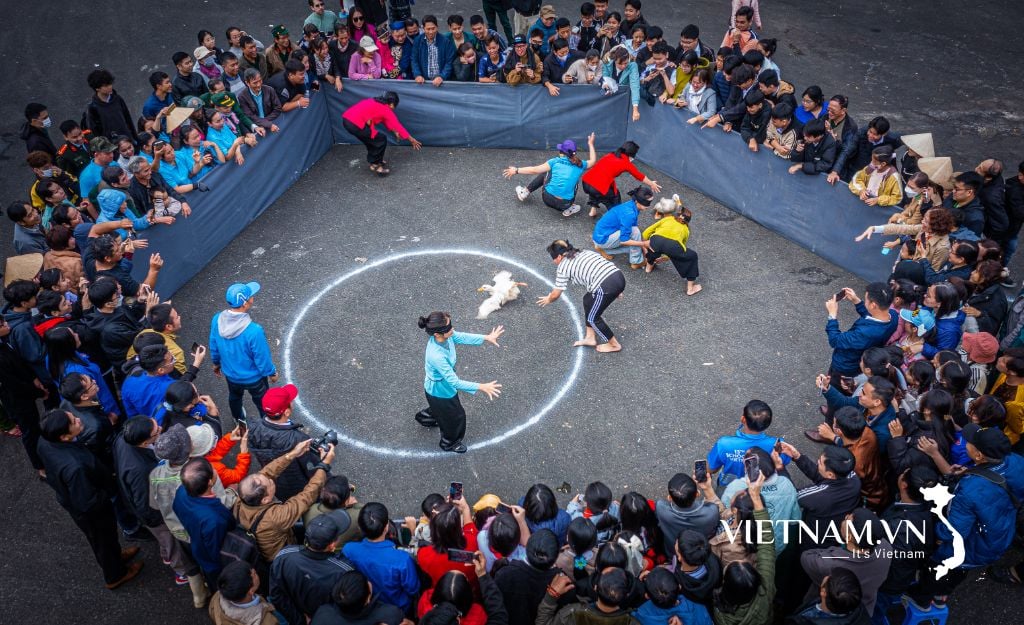
Comment (0)